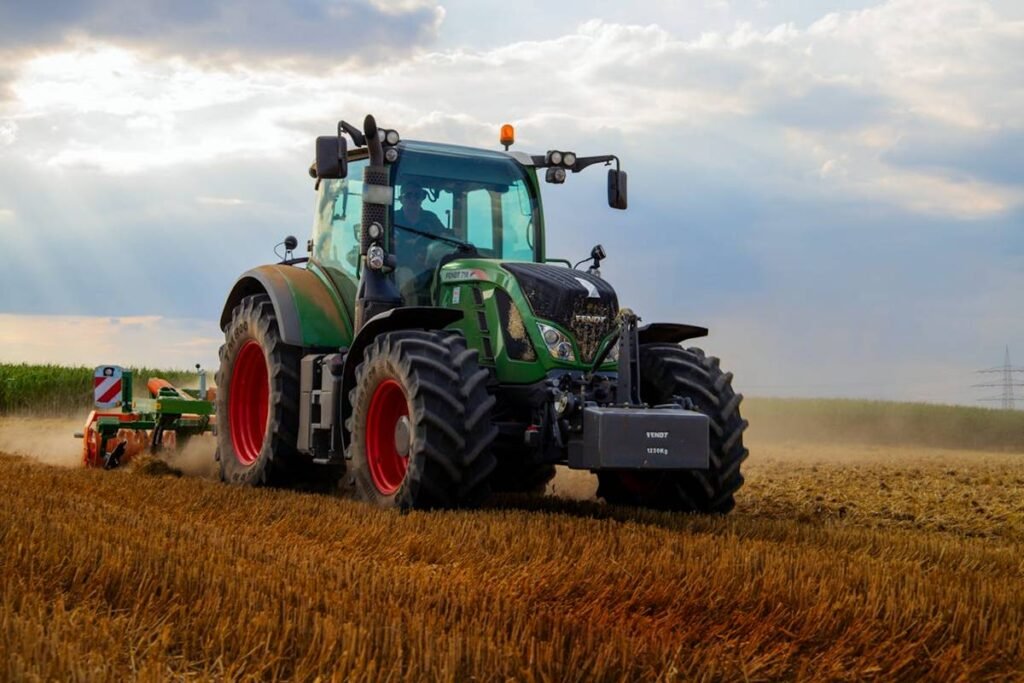The EU Parliament and Council have struck a political deal on the CAP to cut red tape, simplify payment schemes, and boost the competitiveness of farmers, including small farmers and business start-ups.

“It’s important to make farming easier in Europe,” said Denmark’s minister for European Affairs Marie Bjerre, for the EU presidency, “because this will help the agricultural industry grow and become stronger – boosting the sector’s competitiveness across Europe. Therefore, it has been a priority for the Danish presidency to reduce extra work and get rid of unnecessary rules for farmers and member states.”
The provisional agreement reduces the administrative burden for farmers and administrations as well, as on-the-spot checks will be reduced. Support to small farmers through payments will be reinforced. Organic farms will benefit from simplified rules. The agreement also foresees crisis payments to active farmers impacted by natural and climatic catastrophes. Compromises between co-legislators were found in relation to the green architecture, support to outermost regions and data interoperability.
The EU Commission has welcomed the provisional agreement. The measures will bring real benefits for farmers and Member States, it said. They ease paperwork, increase flexibility, and help smaller and medium-sized farms make better use of CAP support. IKt estimates the reforms could save up to €1.6 billion annually for farmers and €210 million for national administrations, while making payments, requirements, and crisis tools simpler and more adaptable, underlining that the simplification package is a key CAP deliverable.
Providing the political agreement is confirmed by co-legislators followed by formal entry into force before the end of the year, the proposal agreed is set to offer concrete, targeted simplifications and savings from 2026.
Draft regulation on CAP simplification, Council mandate, 3 September 2025
Simplification of EU rules (background information)
The common agriculture policy explained (background information)